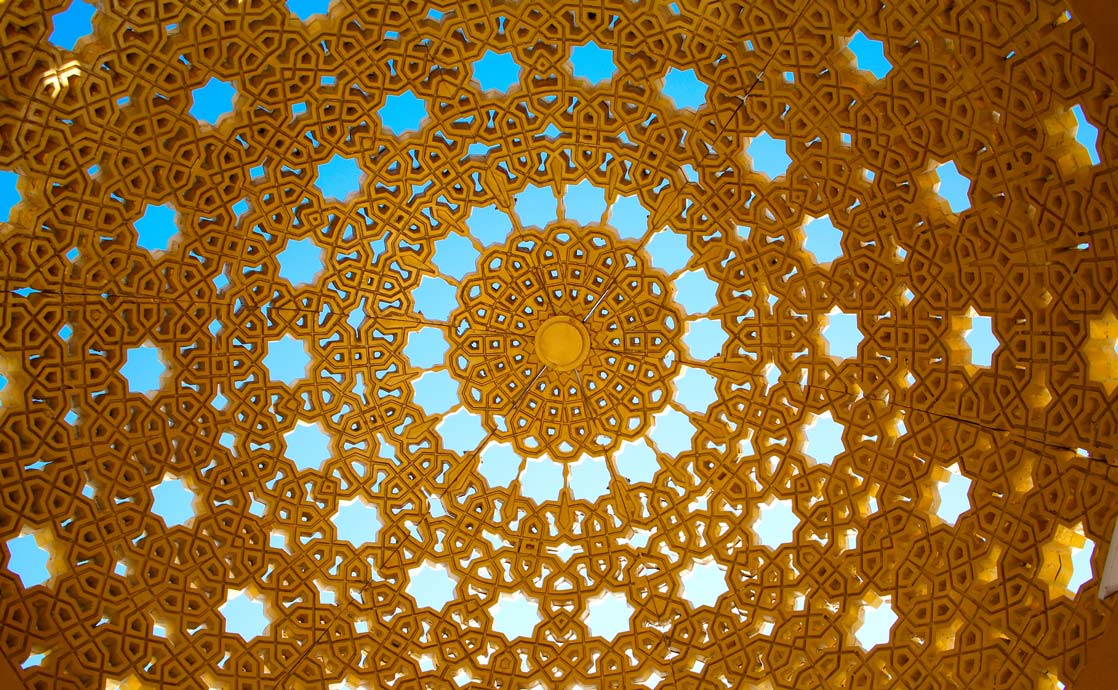The Bahá’í Faith, with its rich tapestry of spiritual and philosophical tenets, offers profound insights into the nature of love, especially as articulated through the concept of the Mystical Huri of Love. This reflection draws upon various Bahá’í teachings, interweaving thematic elements that illuminate how love transcends the mundane and serves as a pathway to divine connection and spiritual fulfillment.
At the outset, it is essential to explore the etymology of the term “Huri.” In Bahá’í literature, the “Huri” is often associated with angelic beings or spiritual entities that epitomize beauty and purity. The notion of the Mystical Huri of Love extends beyond mere aesthetics; it suggests an inner beauty that captivates the heart and soul. This allure is intricately linked to the idea that love engenders a transformative experience, propelling individuals towards a more profound understanding of themselves and their relationship with the Divine.
Central to Bahá’í teachings is the concept of love as an operative force in the universe. Abdu’l-Bahá, the son of the Founder of the Bahá’í Faith, elucidated that love is the “rich, unbreakable bond” that unites all beings. This vision of love encompasses both the earthly and the spiritual domains, enabling individuals to foster connections that transcend ethnic, cultural, and national boundaries. The Mystical Huri of Love serves as a metaphor for that transcendent love, inspiring followers to engage in acts of service and compassion.
One of the core attributes of the Huri is its ability to elicit a sense of yearning. This longing mirrors the relationship between humanity and the Divine—a pursuit characterized by an insatiable desire for closeness and understanding. The experience of yearning propels individuals on a spiritual journey, where each step taken is imbued with purpose and intentionality. Through this lens, love emerges as a guiding star, illuminating pathways previously obscured by existential doubt and despair.
The interplay of love and mysticism is a salient aspect of the Bahá’í Faith. The concept encourages an exploration of love that extends into the realms of the ineffable. Mystical love is not solely sentimental; it constitutes a formidable spiritual force that transcends superficial affections. It beckons the seeker to dive deep into self-reflection, urging them to confront their shortcomings and embrace attributes that elevate the soul. This journey inward allows for a realization of one’s own potential, further enriching the collective human experience.
Interpersonal relationships are significantly impacted by the teachings surrounding the Mystical Huri of Love. The Bahá’í teachings posit that love is an essential bedrock for nurturing healthy and affirmative relationships. When individuals cultivate love within their personal spheres—be it family, friends, or community—they create an environment conducive to growth and synergy. Each interaction then becomes a reflection of that divine love, rooted in kindness, patience, and unity. Such relationships illustrate the universal principle that genuine love instigates a ripple effect, inspiring a collective elevation of moral and ethical standards.
Moreover, the concept resonates in communal and global contexts. The Bahá’í Faith emphasizes the importance of unity in diversity, and lovers of truth are encouraged to embrace the variety of human experience. The Mystical Huri of Love serves as an emblem for the collective efforts aimed at fostering peace and cooperation among individuals and nations. By transcending barriers imposed by prejudice and hatred, one can embody the virtues espoused by the Huri—ultimately embodying love on a grander scale.
Furthermore, the pathways to discovering this mysticism are diverse and multifaceted. Prayer and meditation are pivotal practices within the Bahá’í community, facilitating a connection to the divine essence of love. Through these practices, adherents nurture their spiritual selves, fostering a deeper appreciation for the Mystical Huri of Love. Engaging in such practices requires introspection and commitment, yet the bounteous rewards often manifest in clarity, tranquility, and strengthened faith.
Service to humanity is a vital expression of love in the Bahá’í Faith. Engaging in acts of service allows individuals to channel their inner love into tangible actions benefiting society. When individuals dedicate their efforts to uplifting others, they embody the principles associated with the Huri, revealing their commitment to the ideals of collective well-being. Service becomes a manifestation of love; it is both an act of worship and a means of reinforcing the interconnectedness of all. The practice ultimately reflects a harmony in the pursuit of both spiritual maturity and social justice, illuminating the shared journey of humanity.
In conclusion, the Mystical Huri of Love serves as an evocative symbol within Bahá’í teachings, urging individuals toward an exploration of profound love that leads to spiritual maturity, personal transformation, and community cohesion. It inspires a collective ethos that seeks not only self-betterment but also emphasizes the broader societal responsibility inherent in all actions. By embodying the principles espoused by this mystical concept, individuals foster connections that reflect the true essence of humanity, thereby drawing nearer to their divine origins and illuminating the world with love.
